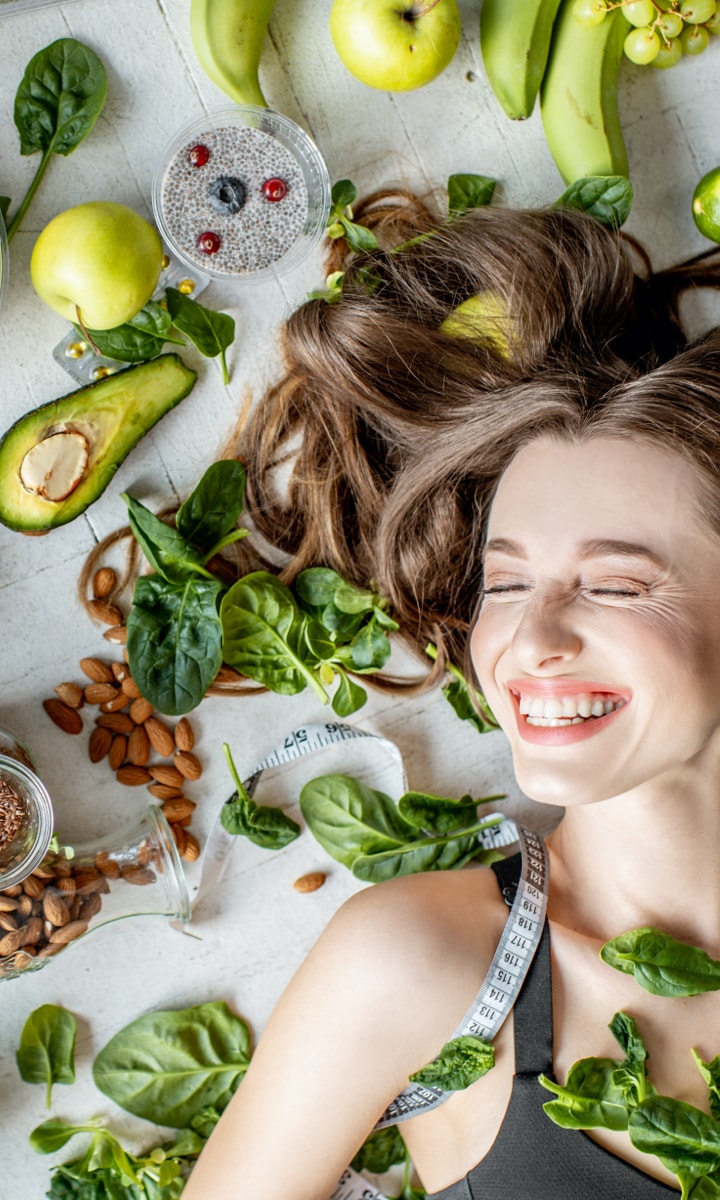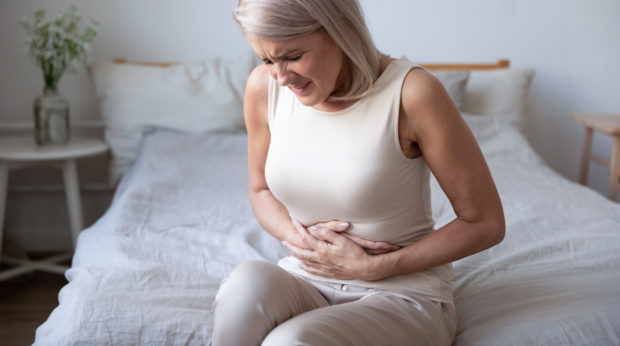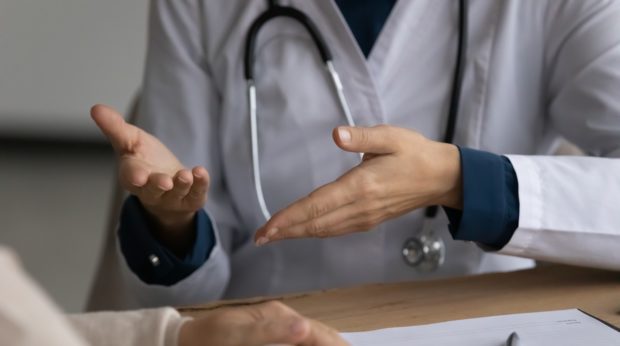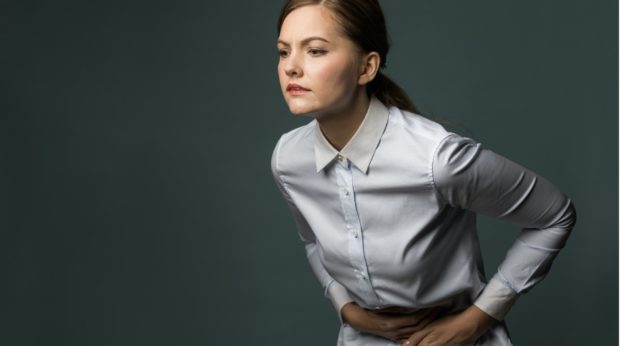Ulcerative colitis is a chronic disease that has no cure. It is essential to follow a proper diet1 in order to help improve patient’s quality of life. The damage to the intestine from inflammation and the ulcers related to the pathology can affect the levels of some minerals. This implies a much higher risk of experiencing anemia, osteoporosis, low defenses, premature aging, nervousness or fatigue. All this added to a possible lack of vitamins, makes it essential for the patient to consider what can be eaten with ulcerative colitis.
News
Five keys to a proper diet if you have ulcerative colitis
July 21, 2020
Patologies

There is no evidence that feeding causes, prolongs or worsens a flare. The main objective2 of following a proper diet is to avoid patient’s malnutrition. The causes of this possible malnutrition can be very varied: a greater need of energy ought to inflammatory activity, fever or corticoids. The loss of proteins and other digestive components are also factors, which happens because of the diarrheas and the bleeding characteristic of the disease.
Ulcerative colitis (UC) patients usually lose weight, due to the decreased appetite and the tissue degeneration during flares activity. It is necessary to ensure the supply of proteins and calories to the organism. Especially, it is necessary in children and teenagers in order to avoid a delay in their development and growth. Furthermore, it is important to take some UC patients’ allergies and intolerances into account. This must be like that in order to help the flare remission and improve bowel tolerance. When the inflammatory activity manifestation ends, a temporary lactose or fat intolerance may remain in the organism.
It is important to follow an immunostimulant diet and provide the micronutrients of which the absorption has been reduced by the inflammatory bowel activity, such as zinc, selenium and vitamins A, C and E. It is also necessary to be aware of the intestinal transit to balance the episodes of diarrhea and constipation.
What can you eat with ulcerative colitis?
The most important is to keep in mind that it does not exit a standard diet that works for each and every ulcerative colitis patient. Depending on each personal situation one type of food or another is advised, but there are general recommendations.
There are two different phases of the disease. There is the flare3 phase, when the diet is different from the one suggested during the activity remission phase. In the latter case, the recommendations are the same for everybody. It is all about following a balanced diet, knowing that certain foods may make you feel sick. This depends on each patient individually, and is checked by introducing new meals to know if they are tolerable. If we introduce a substance for two or three days and it does not cause any change in our body, it means that we can incorporate it into our diet. Nonetheless, if this food causes diarrheas or abdominal pain, it will be necessary to repeat the test after two weeks. This is done to ensure that that food is the one that causes us discomfort or damage in the organism.
Those are the five keys that would help you know what to eat with ulcerative colitis during a flare of the inflammatory bowel activity:
First of all, it is very important for the patient to know what foods and drinks are harmful4 during a flare. There are some foods that increase symptoms like diarrhea, abdominal pain or constipation. Keeping a written record of which substances affect the patient, positively and negatively, may help.
The second key is to eat several times a day and to do so in a relaxed way. Always eat small amounts, chew well and breathe properly. It is fundamental not to feel stressed during the food intake and to be able to do so without haste. The ideal is to eat small amounts five or six times a day. It is also advisable to stay seated for half an hour after each main meal (especially, lunch and dinner).
The third piece of advice is to drink enough. Like food, liquids should be taken in reduced amounts. Caffeine, theine, alcohol and carbonated drinks must be avoided. Drink water or hydrating drinks purchased in a pharmacy. Finally, it is necessary to balance the amount of liquids taken to the amount lost with depositions.
Fourthly, we must try to avoid eating greasy, fried, coated or breaded foods. Pastries, nuts and stews should also be removed from the diet. It is advisable to take cereals that help easy digestion and restrict the fibers intake. You have to give the necessary proteins and calories to the organism, but without exceeding.
Eventually, meals should be steamed, boiled, grilled or cooked in their juice. This helps to better maintain nutrients and vitamins that are present in substances. Dishes should be seasoned with salt, unless the doctor says otherwise. Food should be taken lukewarm, neither very cold nor very hot. Fruits, vegetables, milk and its derivatives and legumes should be introduced gradually. If those make you feel sick, take them off your diet and try to include them again after a while.
- https://www.dietacoherente.com/consejos-alimentacion-en-la-colitis-ulcerosa/
- https://www.accuesp.com/que-dieta-seguir-con-eii
- https://www.educainflamatoria.com/si-se-esta-en-una-fase-activa-se-tiene-que-seguir-una-dieta-especial
- https://www.saludigestivo.es/enfermedades-digestivas-y-sintomas/colitis-ulcerosa/#recomendaciones-nutricionales
Contact UsFor more information
Contact Us

